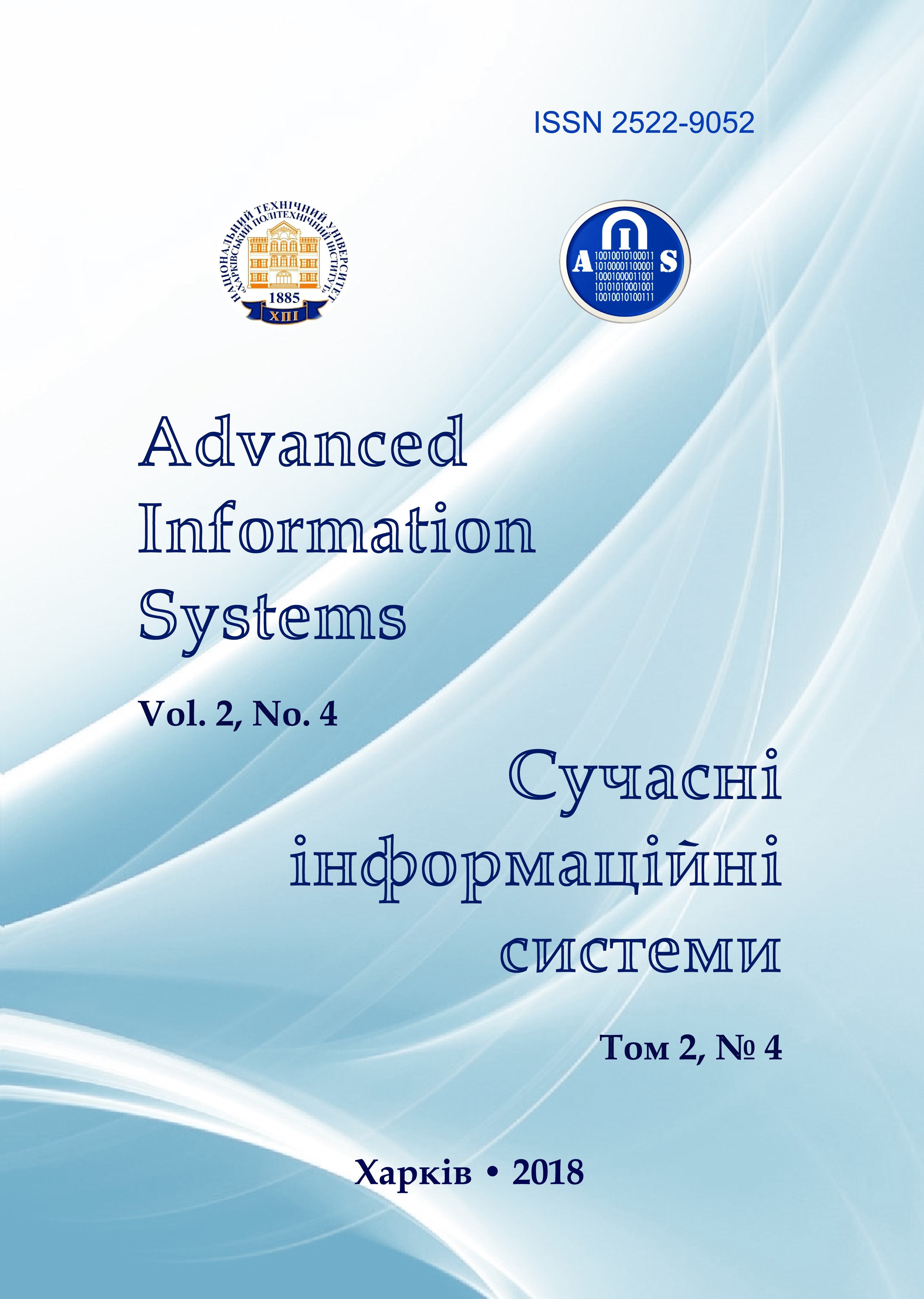Principles of construction of automated control system operator training perspective simulator systems
Main Article Content
Abstract
The subject of the study in the article is an analysis of ways and means to improve the determination of directions of increase of efficiency of professional preparation of ACS. The purpose is to determinate directions of efficiency of professional preparation of ACS operator increase using of intelligent information technologies of of the trainer systems planning. The task is justification of technical solutions, the introduction of which in the practice allow to expand the range of tasks, vary conditions of simulators, adaptive control and regulate the complexity of the control tasks, as well as create and adjust individual training programs for students with regard to their knowledge, experience and skills. Conclusion – to increase the effectiveness of training in the training of operators on simulators, constant monitoring of operators' actions, including the process of perceiving the situation by the operator, his comprehension, the formation of necessary skills, as well as the psychophysiological state of the operator when solving his task, should be carried out. Monitoring and evaluation of operator activity allows us to provide feedback, making it possible to assess the degree of achievement of set goals, adjust the further training program, draw a conclusion about the level of the operator's preparedness for practical work on real objects.
Article Details
References
Shukshunov, V.E., Tsibliev, V.V. and Pototskiy S.I. (2005), Technologies of development and experience of exploitation of the trainer systems and trainers,. Mashynostroenye, Moscow, Russia. 383 p.
Shukshunov, V.E. Bakulov, Yu.A. and Grigorenko V.N. (1981), Training systems, Mashynostroenye, Moskow, 256 p.
Krasovskiy, A.A. (1995), Bases of theory of aviation trainers. Mashynostroenye, Moskow, Russia. 304 p,
Palennyi, A.S. (2006), “Development of the algorithm for the automated estimation of air traffic controllers actions on the train-ing simulator for maintenance of air traffic”, Scientific works of the academy, Vol. XI, pp. 118-130.
Nedelko, S.P., Hryhoretskii, V.A.and Palennyi, A.S. (2005), “Development of the estimation criteria system for the automated analysis of air traffic controllers actions on the training simulator for maintenance of air traffic”, Naukovi pratsi akademii, Issue IX, DLAU, Kirovograd, pp. 387-400.
Maksyuta, E.F. and Kuznetsov, Yu.N. (2003), “Testing methods antedating reaction at specialists professional training on avia-tion combat command and control”, Aktualnye problemy VUZov VVS, Moscow, pp. 16-19.
Demin, L.S., Zhukovskiy, Y.G. and Semenikhin, A.P. (1986), “Teaching CASS of professional preparation of operators of aircrafts”, Mashinostroenie, Moscow. Russia, 240 p.
Rusnak, I.S. and Shevchenko, V.L. (2002), “Problems on upgrading and creating military training systems and simulators”, Nauka i oborona, No. 1, pp. 26-32.
